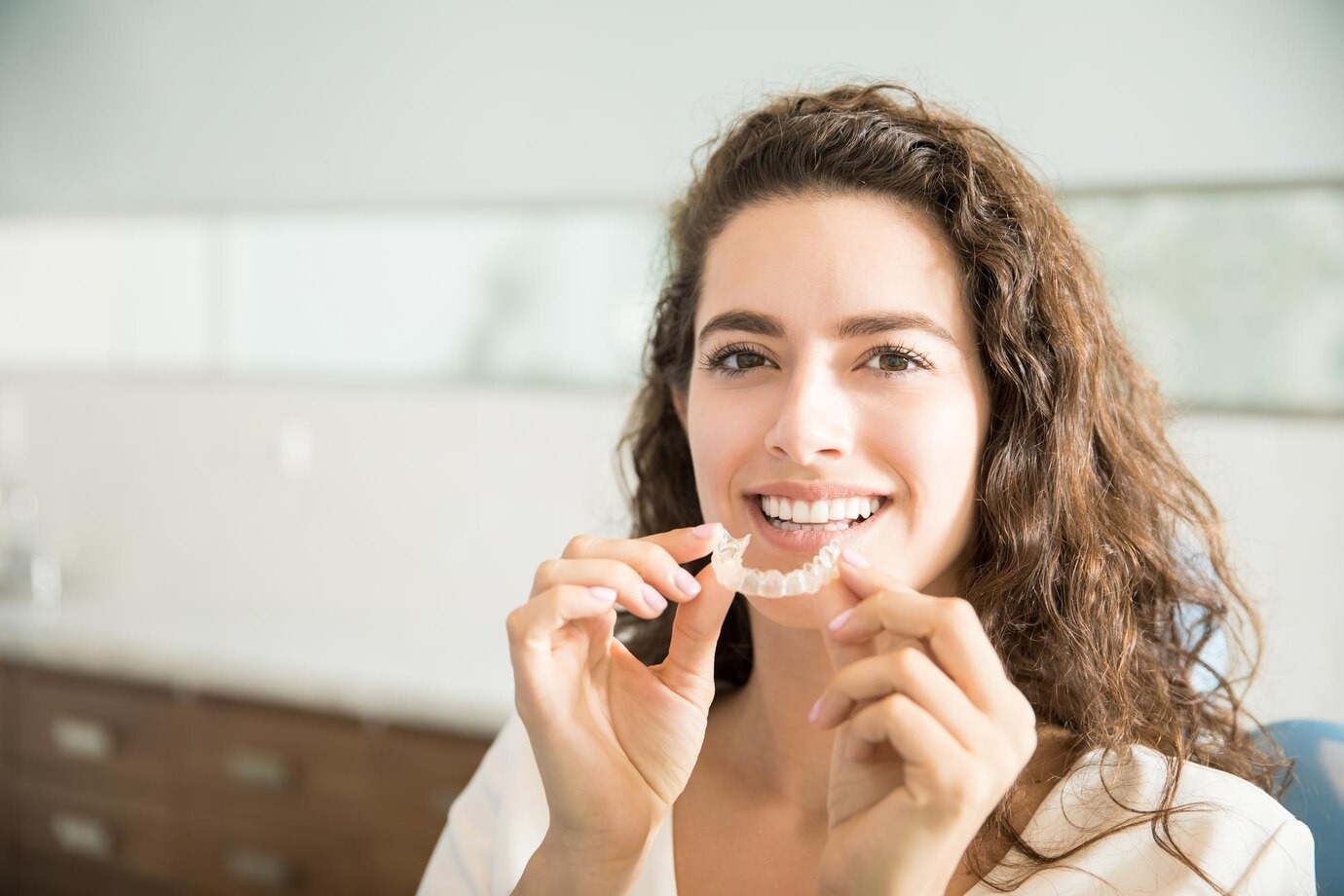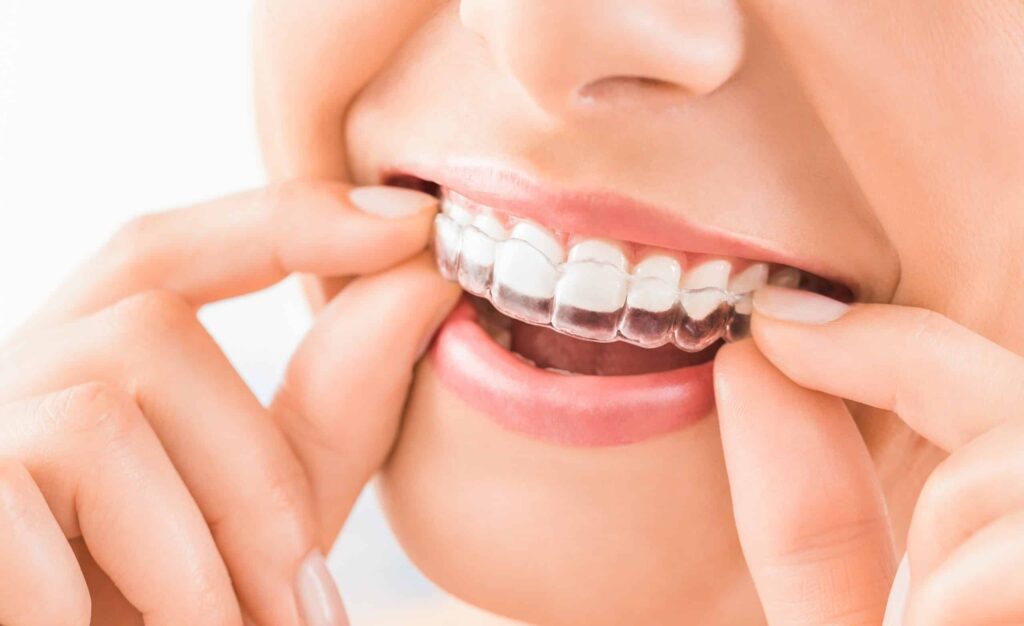
Many people think that once their orthodontic treatment is complete, they can toss their retainers aside and forget about them. However, this couldn’t be further from the truth. Retainers play a crucial role in maintaining the results of your orthodontic treatment and ensuring that your teeth stay aligned. In this article, we will discuss the importance of wearing retainers, debunk common misconceptions, explore the consequences of not wearing them, provide tips for incorporating them into your daily routine, and address common retainer problems.
Table of Contents
What are Retainers Used for?
Retainers are dental devices designed to hold your teeth in their new position after orthodontic treatment. They are custom-made to fit the shape of your mouth and are typically worn for a specified period. The primary purpose of retainers is to prevent your teeth from shifting back to their original position.
If you’re nearing the end of your orthodontic treatment or looking for post-treatment solutions, trust the expertise of Kumra Orthodontics. As a leading orthodontist in Stafford, VA, they offer comprehensive guidance on retainers, ensuring that every patient’s smile stays as perfect as the day their braces came off.
Why are Retainers Important?

Source: freepik.com
Preventing Relapse
Teeth possess an innate memory, which often prompts them to revert to their initial alignment, particularly in the immediate aftermath of orthodontic interventions. This shifting can jeopardize the meticulous adjustments achieved during the treatment phase. Retainers play an instrumental role in counteracting this tendency, ensuring the longevity and stability of the newly aligned dental structure.
Stabilization
Following orthodontic treatments, the surrounding bone and soft tissues undergo a period of adaptation to the teeth’s altered positions. This transitional phase is pivotal for the permanent anchoring of the teeth in their corrected spots. Retainers act as vital support systems during this period, ensuring that teeth remain firm in their desired placements and don’t waver as the surrounding structures settle.
Protection
Nighttime teeth grinding, known as bruxism, can exert considerable wear and stress on the dental surface, leading to potential damage over time. Some retainers are designed to double as protective barriers against the deleterious effects of this habitual grinding. By cushioning the teeth and preventing direct tooth-on-tooth contact, these retainers not only preserve alignment but also shield teeth from undue wear and potential fractures.
Common Misconceptions About Retainers
There are several misconceptions surrounding retainers that can lead to individuals neglecting to wear them consistently. Let’s address two common misconceptions and set the record straight.
Debunking the Myth of “Temporary” Retainer Use
Some people believe that wearing retainers for a short period is sufficient to maintain the results of orthodontic treatment. However, the reality is that retainers should be worn for an extended period, often years or even indefinitely. The length of retainer use varies from person to person, but it is essential to follow your orthodontist’s instructions to ensure long-term success.
Addressing Concerns About Comfort and Aesthetics
Another misconception is that retainers are uncomfortable and unattractive. While it may take some time to get used to wearing retainers, they should not cause significant discomfort. Modern retainers are often made of clear, discreet materials that are barely noticeable when worn. If you experience discomfort or have concerns about the appearance of your retainer, consult with your orthodontist, as they can make adjustments to improve your comfort and satisfaction.
The Consequences of Not Wearing Your Retainer

Source: freepik.com
Failing to wear your retainer regularly can have adverse effects on the outcome of your orthodontic treatment. Let’s explore two significant consequences of neglecting to wear your retainer.
Risk of Teeth Shifting Back
If you stop wearing your retainer, there is a high likelihood that your teeth will start to shift back towards their original positions. This can happen gradually over time and may not be immediately noticeable. However, if left unchecked, it can undo the progress made during your orthodontic treatment and require additional intervention.
Potential Need for Re-treatment
In some cases, the shifting of teeth due to not wearing retainers may require re-treatment with braces or clear aligners. This can be frustrating and time-consuming, as it means going through the orthodontic process all over again. By wearing your retainer consistently, you can avoid the need for re-treatment, saving both time and money.
Tips for Incorporating Retainers into Your Daily Routine
Wearing retainers consistently is key to maintaining your dental alignment. Here are some tips to help you incorporate retainers into your daily routine and make them a lasting habit.
Making Retainer Use a Habit
Set a daily reminder on your phone or establish a routine that reminds you to put your retainer in at the same time each day. By making retainer use a habit, it becomes second nature, and you are less likely to forget or neglect wearing them.
Cleaning and Caring for Your Retainer
Maintaining proper hygiene for your retainer is essential for both its longevity and your oral health. Clean your retainer regularly using a soft toothbrush and mild soap or retainer cleaning tablets. Remember to rinse it thoroughly after cleaning and store it in its case when not in use to prevent damage or loss.
Dealing with Common Retainer Problems

Source: cosmeticdentistsnewyorkcity.com
Despite your best efforts, you may encounter some common problems with your retainer. Here are two common issues and their solutions.
What to Do if Your Retainer Doesn’t Fit
If your retainer feels tight or uncomfortable, it may be a sign that your teeth have shifted slightly. In this case, contact your orthodontist for an appointment. They may recommend adjustments to your retainer or provide you with a new one that better fits your current dental alignment.
Solutions for Lost or Broken Retainers
If you lose or break your retainer, it’s essential to contact your orthodontist as soon as possible. They can provide guidance on whether a replacement is necessary and how to proceed. Avoid wearing an ill-fitting or damaged retainer, as it may not effectively hold your teeth in position.
Conclusion
Wearing retainers is crucial for maintaining the results of your orthodontic treatment. They play a vital role in keeping your teeth aligned and preventing relapse. By debunking misconceptions, understanding the consequences of not wearing retainers, incorporating them into your daily routine, and knowing how to address common problems, you can ensure the long-term success of your orthodontic treatment. Remember, yes, you still need to wear your retainers!







